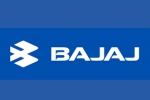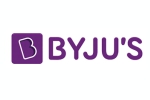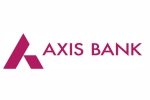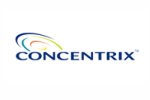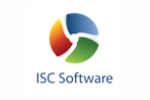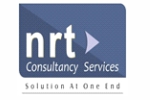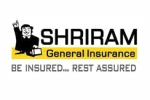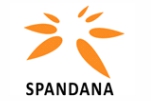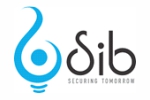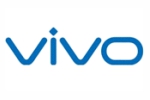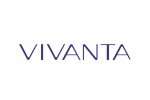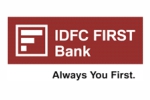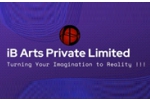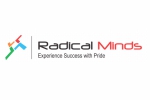



An M.Tech in Cyber Security typically aims to provide students with a comprehensive understanding of cyber security principles, techniques, and practices. The program focuses on developing skills needed to secure digital assets and mitigate risks associated with cyber attacks.
1. M.Tech- Cyber Security Engineering for Working Professional is a degree course, recognized by UGC.
2. The program has four semesters adequately designed to nurture the professional with thorough knowledge of engineering subjects where classes are conducted online and with flexibility that is on weekends or after the business hours to suit the requirement of professionals.
3. Online exams are held with exam safety and appropriate assessments are done to evaluate the knowledge level of the candidate.
4. Experienced industry professionals, guest lecturers and renowned faculties take up classes and deliver lectures to make professional understand each and every concept of engineering.
5. The Dissertation enables students to comprehend the course and topics taught and apply in their current professional work.
6. An appropriate Evaluation system is used for assessment of the professionals at regular intervals and propels them to stay connected with the course programs and its application.
7. The students on successfully completion of the Degree Program are awarded with Bachelor’s Degree in Cyber Security Engineering.

| Ist SEMESTER | 2nd SEMESTER | 3rd SEMESTER | 4th SEMESTER |
|---|---|---|---|
| Cryptography and Network  | Software Engineering | Research Methodology | Practical |
| Advanced Design Analysis and Algorithm | CYBER FORENSICS | CYBER LAWS AND SECURITY POLICIES | |
| Numerical Methods and Computer Programming | Computer Programming | ||
| MATHEMATICAL FOUNDATION FOR CYBER SECURITY  | SYSTEM AND NETWORK SECURITY | ||
| Numerical Method and Computer Programming Lab | SYSTEMS AND NETWORK SECURITY LAB | ||
| Advance DAA LAB |

Live & Recorded Lectures with cutting-edge tutorials.

Interact and Collaborate with Peers and Faculty

Online Mentoring

Use of Multimedia and Open Educational Resources

'Flipped' Classrooms

E-portfolio & Peer Assessment

Work Integrated Advantage

Experiential Learning

Academic & Industry Mentorship

Continuous Assessment

Dissertation/Project Work
The program has vast curriculum and provides greater learning opportunity to the working professionals.

I always wanted to grow in my career without taking a break, and my search for the right program led me to WILP’s Diploma course in Mechanical Engineering at Usha Martin University. The flexibility to pursue this course along with my job made it the perfect choice. The curriculum is very well designed, meeting all the latest industry requirements, and the faculty members are extremely knowledgeable and supportive.

I wanted to excel in my career without a break and my search led to Usha Martin University WILP's M.Tech in Transportation Engineering course (can be pursued online) meeting all industry needs. Also ,it has the best faculty! Highly Recommend.
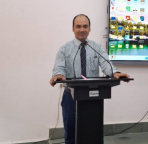
Pursuing B.Tech (Civil Engineering) from Usha Martin University and seamlessly advancing my education while maintaining professional career. The progress is exclusively tailored for ambitious working professionals. Here, the course curriculum and expert faculty members are committed to meeting and exceeding all industry standards.
